Surgical Oncology
Oncology refers to the division of medicine that deals with the prevention, diagnosis, and treatment of cancer. The origin of the name Greek: Όγκος, which means "burden, volume, mass" and Λόγος, meaning "study".
Breast Cancer
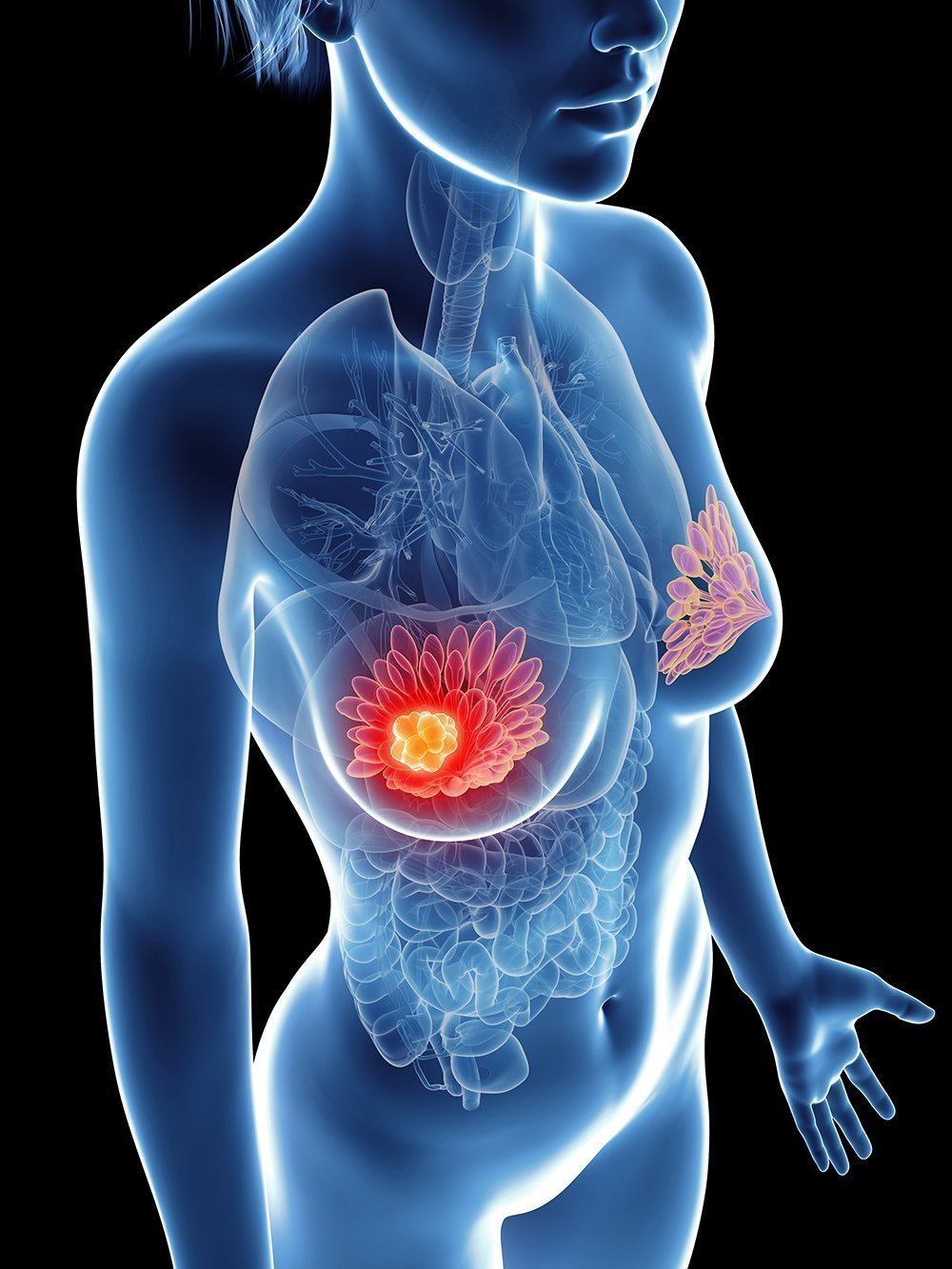

Understanding the Problem:
Breast cancer refers to an abnormal growth in cells of the breasts. This type of cancer is the second most common cancer diagnosed in women, but it may also occur in men too. Even though, substantial support for breast cancer awareness and research funding has helped created advances in the diagnosis and treatment of breast cancer, this type of cancer can be fatal if left untreated.
Signs & Symptoms:
- A lump on the breast
- Unfamiliar thickening of breast tissues
- Change in the size, shape or appearance of a breast
- Changes to the skin of the breast
- A newly inverted nipple
- Peeling, crusting or flaking of the breast skin
- Redness of the skin over your breast
Examinations Required:
- Breast exam - a doctor will check and feel for any lumps or other abnormalities
- Mammogram - Breast X-ray
- Ultrasound
- Biopsy - Removing a sample of breast cells for testing
- MRI for Breast - generate images of the breast interior
If any of these tests suggest you are suffering from Breast Cancer, and treatment doesn’t subside the symptoms, Minimally Invasive Robotic Surgery may be advised.
Prostate Cancer
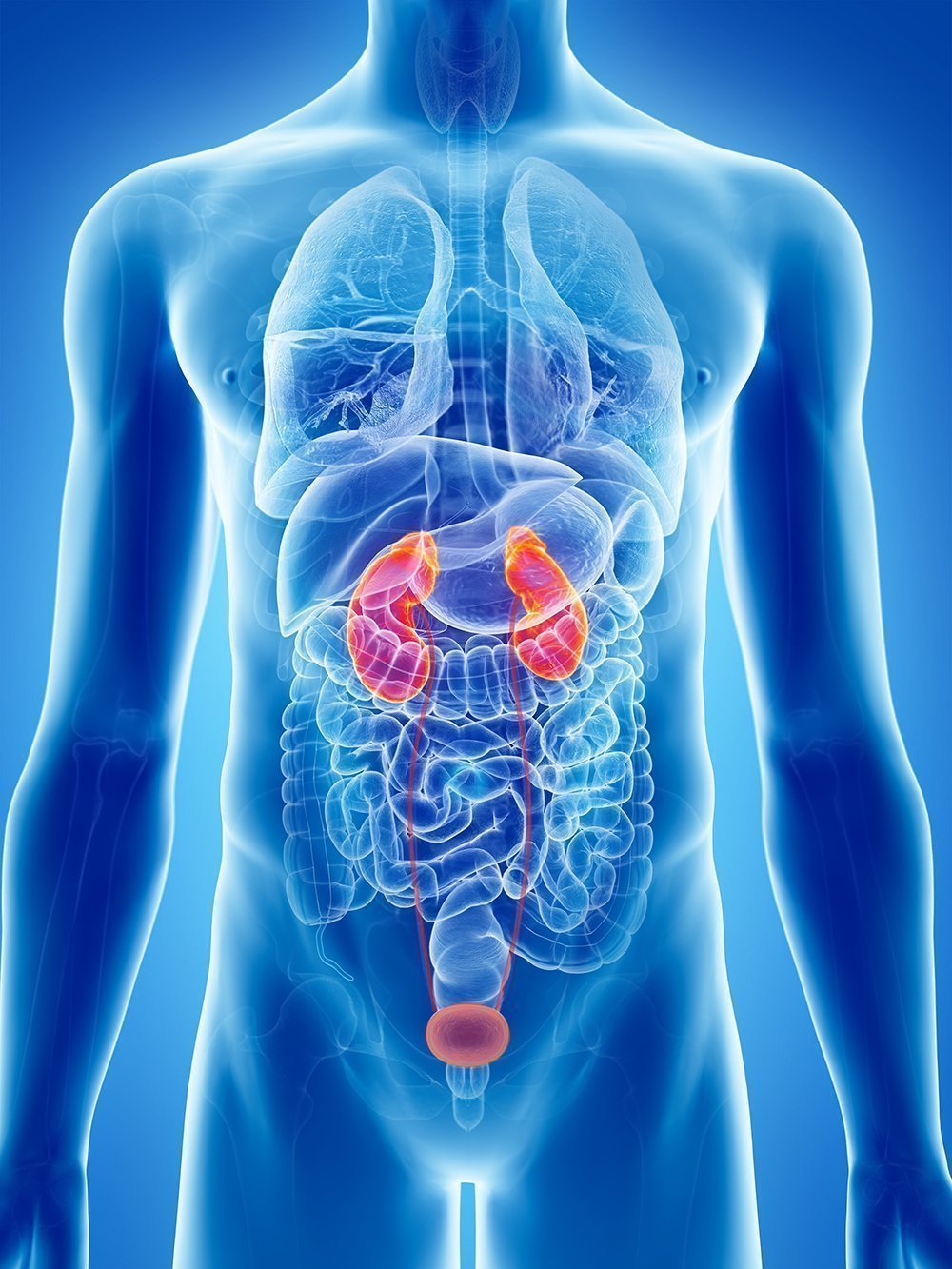

Understanding the Problem
The prostate is a gland in the male reproductive system located just below the bladder and in front of the rectum. Here, malignant (cancer) cells tend to form in the tissues of the prostate, most commonly in men over 50. Factors that may increase the risk for prostate cancer include increasing age, African American ancestry, a family history of prostate cancer (father, brother) and potentially diet.
Signs & Symptoms
In the early stages, there may be no visible symptoms. In the later stages however, symptoms may include:
- Weak or interrupted ("stop-and-go") flow of urine
- Sudden urge to urinate
- Frequent urination
- Trouble starting the flow of urine
- Trouble emptying the bladder completely
- Pain or burning while urinating
- Blood in the urine or semen
- A pain in the back, hips, or pelvis that doesn't go away
- Shortness of breath, feeling very tired, fast heartbeat, dizziness, or pale skin caused by anemia
Examinations Required:
- Digital rectal exam (DRE): The doctor inserts a lubricated, gloved finger into the rectum and feels the prostate through the rectal wall for lumps or abnormal areas.
- Prostate-specific antigen (PSA) test: A blood test that measures the level of PSA in the blood.
It is recommended that the PSA test and DRE are undertaken together to increase the accuracy of prostate cancer diagnosis and allow for early treatment. If these tests suggest prostate cancer however, Minimally Invasive Robotic Assisted Prostatectomy Surgery (removal of the prostate) may be advised.
Lung Cancer
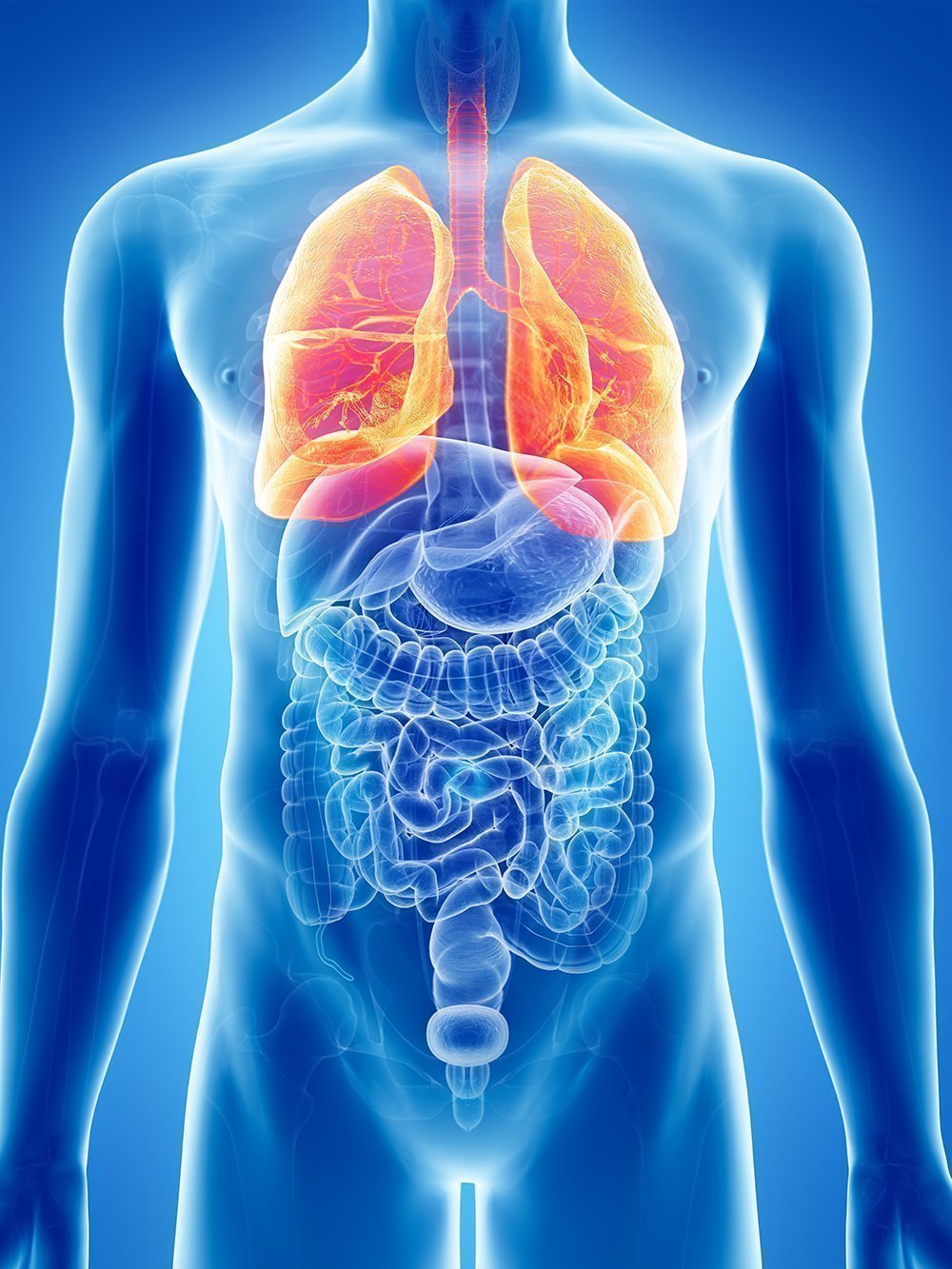

Understanding the problem:
Lung cancer refers to cancerous cell growth that originates from the lungs. These are the organs that pump oxygen into the chest and release carbon dioxide from your respiratory system. Lung cancer is extremely common and is responsible for more mortalities than any other cancer in the world. Research suggests that the primary cause of this disease is due to smoking, however lung cancer can also occur in people who have never smoked before in their lives.
Signs & Symptoms:
- A new cough that doesn't go away
- Coughing up blood
- Headaches
- Losing weight without trying
- Shortness of breath
- Chest pains
- Hoarseness
- Bone pains
Examinations Required:
- Chest X-ray - Tumors appear as white/grey masses
- CT scan - provide more detailed images of the tumor
- PET-CT scan - shows the location of active cancer cells
- Bronchoscopy - tiny camera that passes through the mouth to view the airways
- Biopsy - removal of a small sample of cells
If any of these tests suggest you are suffering from Lung Cancer, and treatment doesn’t subside the symptoms, Minimally Invasive Robotic Surgery may be advised.
Colorectal Cancer
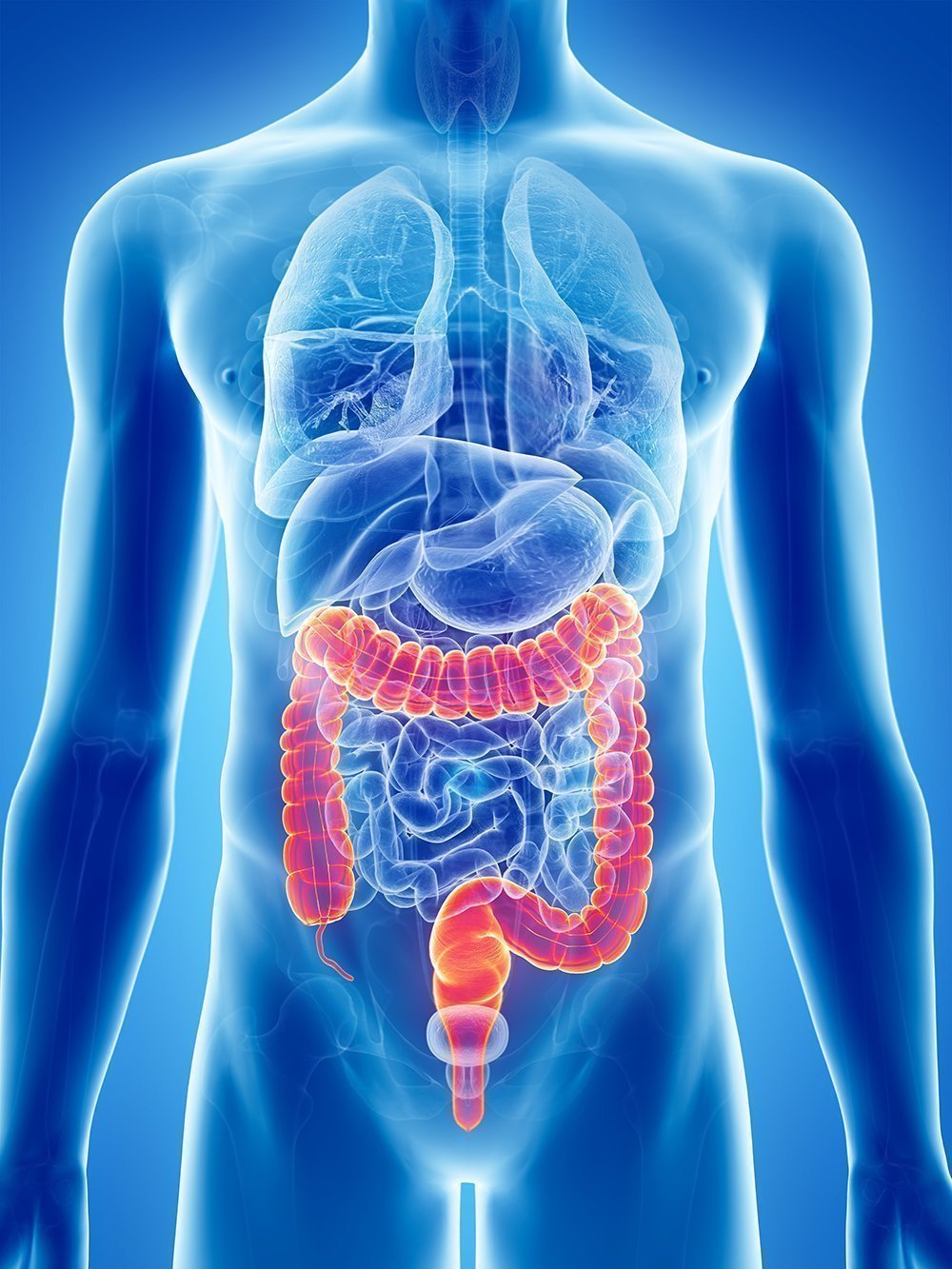

Understanding the Problem:
The colon and rectum are part of your large intestine. Their main function is to pass solid waste from your body. Colorectal cancer usually starts in the glands of the colon or rectum lining, and affects almost 1.3 million people worldwide each year. This is the fourth most common cause of cancer death and almost all cases begin as non-cancerous (benign) polyps that slowly develop into cancer. Similarly to many other types of cancer, colorectal cancer can spread to lymph nodes or other organs.
Signs & Symptoms:
- Bowel habit changes (diarrhea, constipation, change in stool consistency...)
- Pelvic Pain
- Persistent abdominal discomfort (cramps, gas, pain...)
- Weakness or fatigue
- Unexplained weight loss
- Rectal bleeding or blood in your stool
Examinations required:
- Colonoscopy - a long, flexible tube, attached to a video camera is inserted into the rectum to view potential suspicious areas
- Biopsy - removal of tissue samples for clinical analysis
If any of these tests suggest you are suffering from Colorectal Cancer, and treatment doesn’t subside the symptoms, Minimally Invasive Robotic Surgery may be advised.
Bladder Cancer
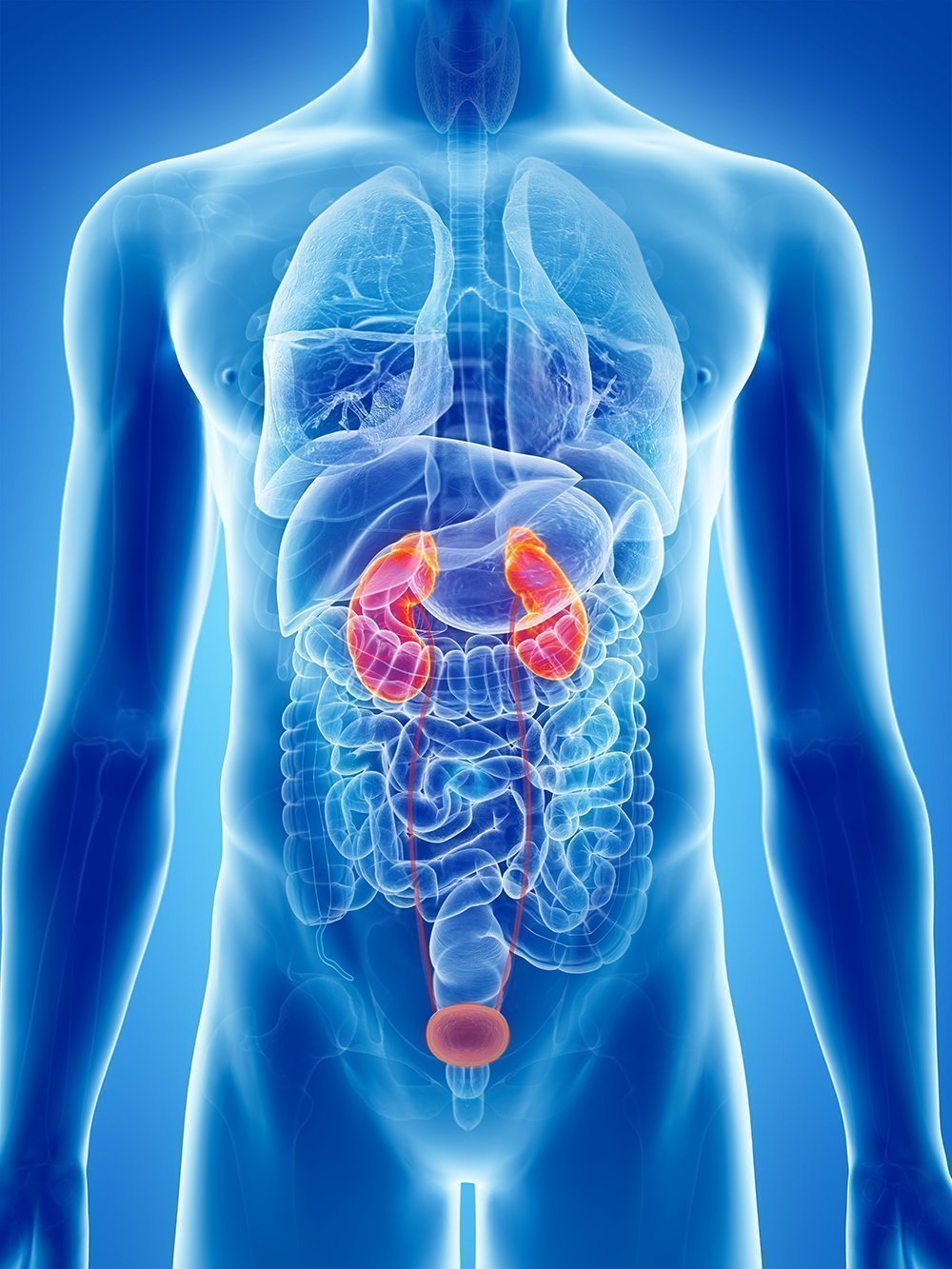

Understanding the problem:
The bladder is an organ in the lower part of the abdomen that stores urine until it is passed out of the body. Bladder cancer begins when cells in the urinary bladder start
to grow uncontrollably, spreading through the lining of the bladder walls and invading nearby organs and lymph nodes. This type of cancer is fairly common, with almost 80% of cases being treatable.
Signs & Symptoms:
- Blood or blood clots in the urine or semen
- Dysuria - pain during urination
- Frequent urination
- Frequent urinary tract infections (UTIs)
- Pain in the lower back around the kidneys
- Swelling in the lower legs
- A growth in the pelvis near the bladder
- Weight loss
- Bone pain or pain in the rectal, anal, or pelvic area
- Anemia
Examinations Required:
- Urinalysis
- Urine cytology
- Urine tumor marker tests
- Ultrasound
- Fluorescence cystoscopy or blue light cystoscopy
- Biopsy
- CT Scan
- Urine culture
If any of these tests suggest you are suffering from Bladder Cancer, and treatment doesn’t subside the symptoms, Minimally Invasive Robotic Cystectomy Surgery may be advised.
Kidney Cancer
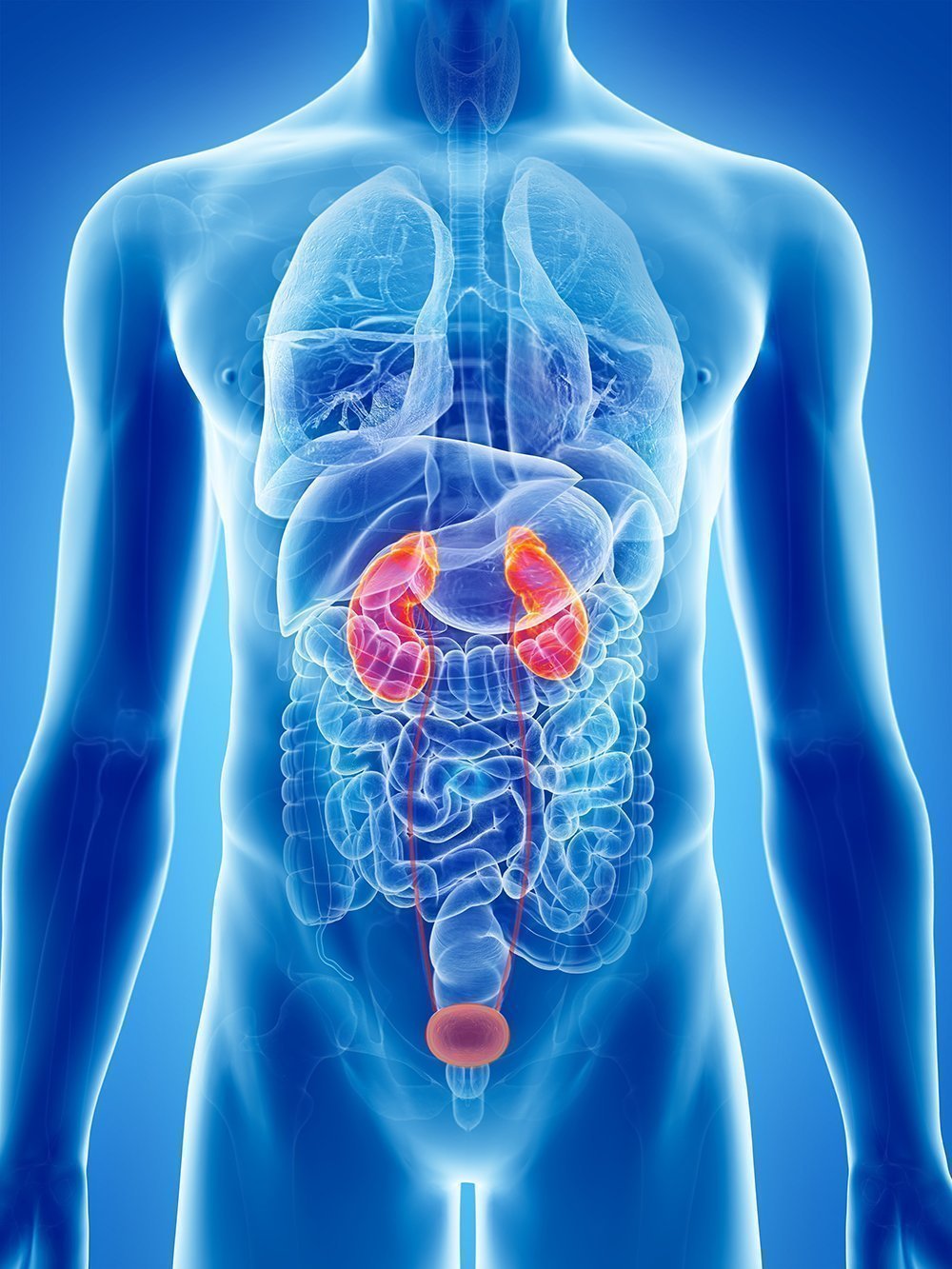

Understanding the problem:
The kidneys are two organs which lie in the lower abdomen on each side of the spine. Their main job is to clean the blood, remove waste and make urine. Kidney cancer is a disease in which kidney cells become malignant (cancerous) and grows out of control, forming a tumor.
the tumor may grow through the wall of the kidney and invade nearby tissues and organs, such as the muscles around the spine, the liver, the nearby large blood vessels, etc.
Signs & Symptoms:
Kidney cancer rarely shows any symptoms in the early stages. In the later stages however, symptoms may include:
- Blood in the urine (hematuria)
- Pain or discomfort in the side or back of the abdomen (loin pain)
- A swelling in the area over a kidney
- Anemia
- Weight loss
- Intermittent fever
- Increased thirst
- Feeling sick
- Tiredness
- Constipation
- Too many red blood cells being produced (polycythemia)
- High blood pressure (hypertension)
Examinations Required:
- CT scan
- MRI
- Ultrasound
- Intravenous pyelogram (IVP)
- Urine tests to check for blood in the urine or other signs of problems
- Blood tests to show how well the kidneys are working
- Renal arteriogram
- Biopsy (if diagnostic tests suggest the kidney mass is cancerous (malignant)).
If any of these tests suggest you are suffering from Kidney Cancer, and treatment doesn’t subside the symptoms, Minimally Invasive Robotic Nephrectomy Surgery may be advised.
Gynecologic Cancer
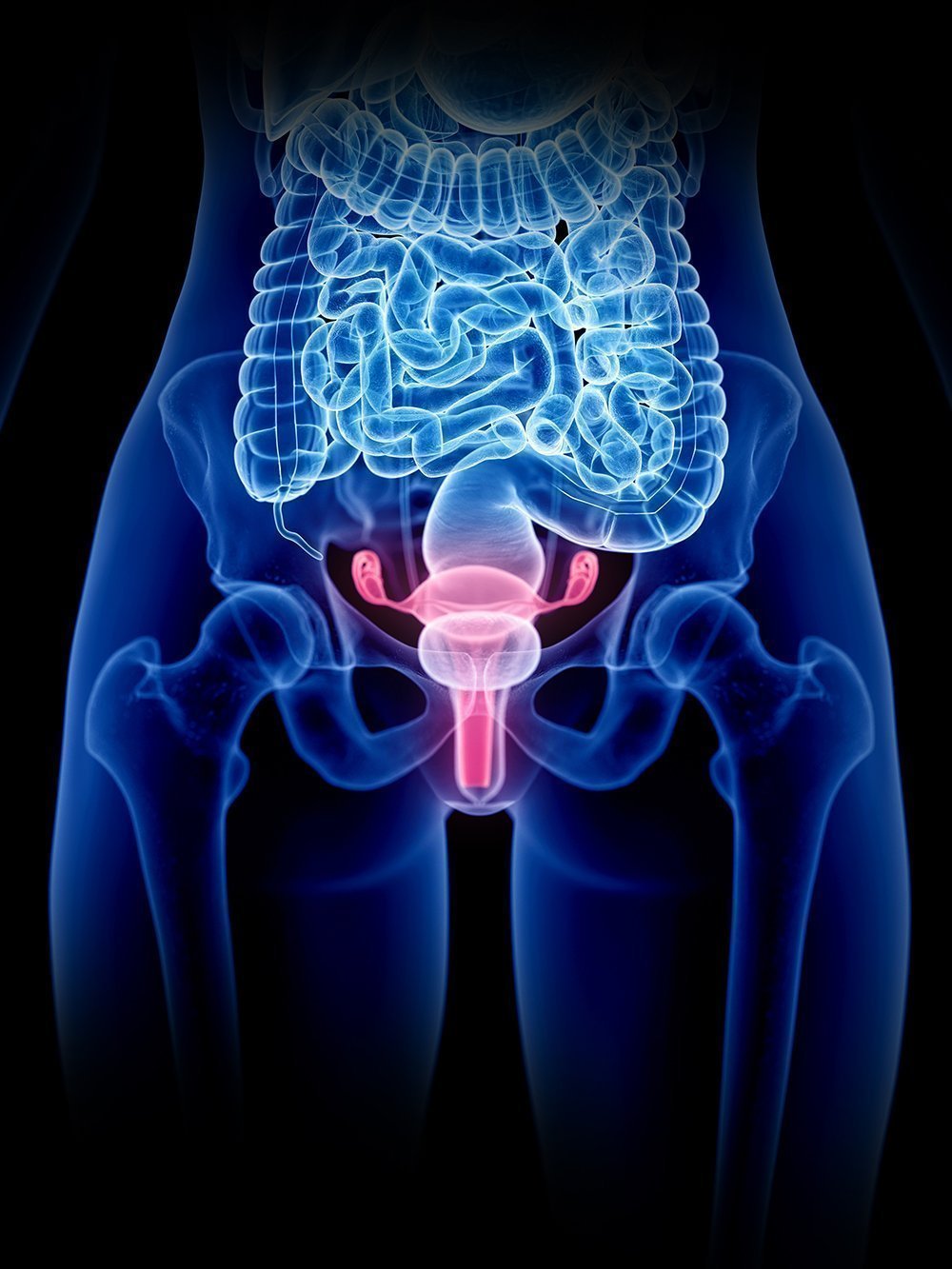

Understanding the problem:
Gynecologic Cancers can occur anywhere in the female reproductive system. This consists of the vagina, uterus, fallopian tubes and ovaries, with the most common Gynecologic cancers being cervical, endometrial (uterine) and ovarian. Each gynecologic cancer is unique and presents diverse signs and symptoms, henceforth making it very important to get regular gynecologic checks.
Signs & Symptoms:
- Pelvic pain or Pressure
- Itching or burning of the vulva
- Rash, Sores, Warts, Ulcers
- Increased Urination
- Constipation or Diarrhea
- Bloating
- Pain in the back or stomach
- Abnormal vaginal bleeding (often after sex)
- Irregular vaginal discharge
- Discomfort during sex
Examinations Required:
- Physical Exam
- Routine Pelvic Ultrasound
- Biopsy - Cytology/Histology
- Blood Tests
- Genetic Tests?
- Colposcopy
- CT Scan / MRI / PET Scan
- Pap Smear
If any of these tests suggest you are suffering from Gynecologic Cancer, and treatment doesn’t subside the symptoms, Minimally Invasive Robotic Surgery may be advised
Liver Cancer
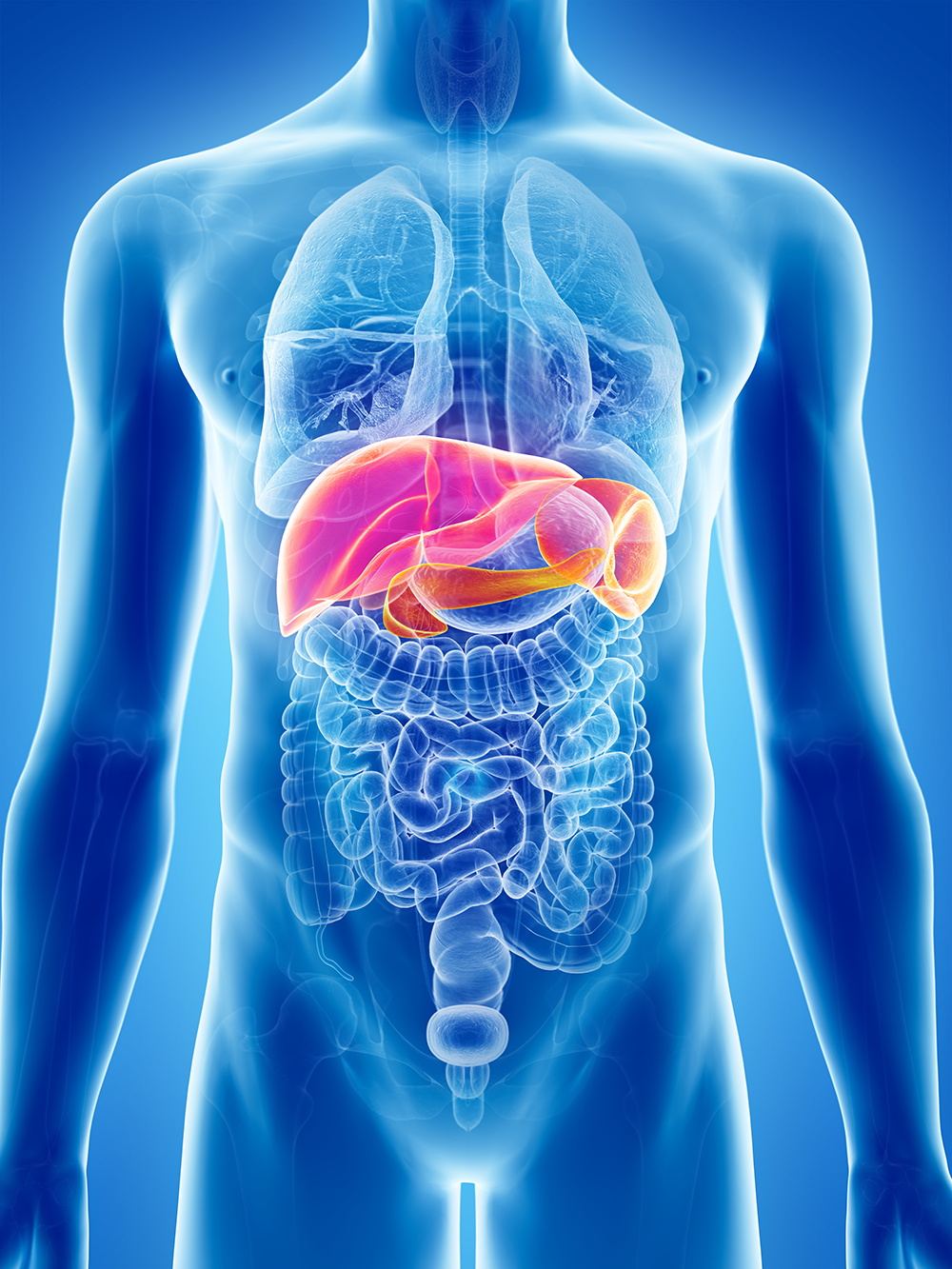

Understanding the Problem:
Liver Cancer refers to a growth on the walls of the organ.
Liver cancer is a benign or malignant tumor that grows on the liver, and it may come in various forms, such as Hepatocellular Carcinoma, Intrahepatic Cholangiocarcinoma and Hepatoblastoma. However, liver cancer that actually spreads to the liver is far more common than liver cancer that develops in the liver cells.
Signs & Symptoms:
- Unintentional Weight loss
- Loss of appetite
- Nausea and vomiting
- Weakness / fatigue
- Abdominal swelling
- Yellowing skin and/or eyes (Jaundice)
- White, chalky stools
- Upper Abdominal Discomfort or Pain
Examinations Required:
- Blood tests
- Ultrasound
- CT Scan / MRI
- Biopsy - Removing a sample of liver tissue for testing
If any of these tests suggest you are suffering from Liver Cancer, and treatment doesn’t subside the symptoms, Minimally Invasive Robotic Surgery may be advised.
Pancreatic Cancer
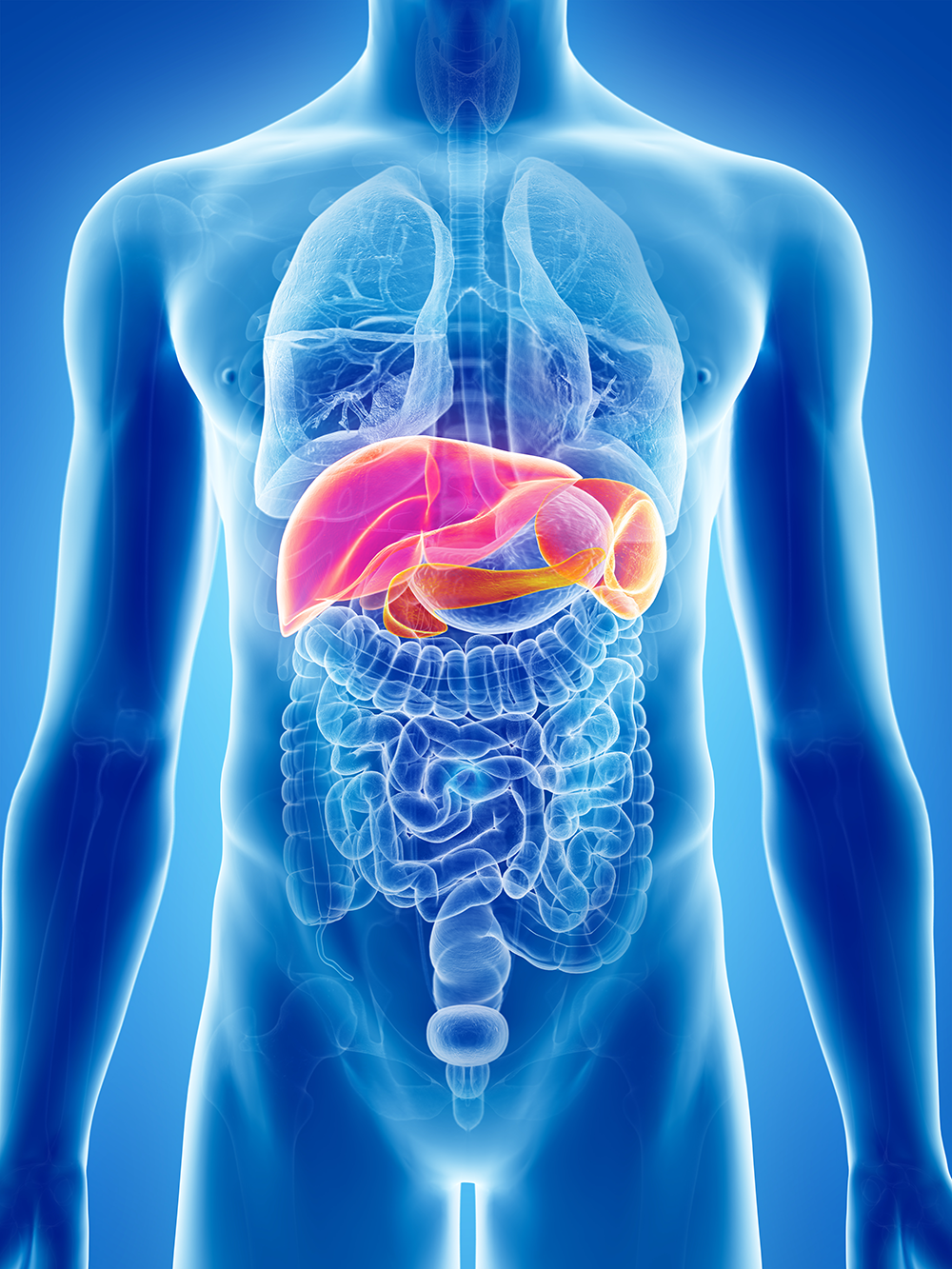

Understanding the Problem:
The pancreas is a large organ that produces powerful digestive enzymes and hormones to aid digestion, help the body control how it uses food for energy and regulate blood sugar.
Pancreatitis is a disease in which the pancreas becomes inflamed due to gallstones, heavy alcohol use, cystic fibrosis, high triglycerides, certain medicines, and structural problems in the pancreas. There are two types of Pancreatitis:
· Acute pancreatitis - occurs suddenly and usually goes away in a few days with treatment
· Chronic pancreatitis - occurs over many years and can lead to permanent damage (impairs the body's ability to digest food and regulate blood sugar)
Pancreatic cancer on the other hand, is hard to detect in its initial stages since it often does not cause early symptoms. Factors increasing the risk of getting pancreatic cancer however include: smoking, obesity, diabetes, chronic pancreatitis, and certain hereditary disorders.
Signs & Symptoms:
- Upper abdominal Pain and/or Swelling
- Pain when eating or drinking
- Nausea, Vomiting, Fever
- Weight loss
- Diarrhea
- Oily or fatty stools, clay-colored or pale
- Yellowing skin and/or eyes
- Loss of appetite
Examinations Required:
- CT Scan
- Endoscopic retrograde cholangiopancreatography (ERCP)
- MRI - Magnetic resonance cholangiopancreatography (MRCP)
- Endoscopic ultrasonography
If any of these tests suggest you are suffering from Pancreatic Cancer, and treatment doesn’t subside the symptoms, Minimally Invasive Robotic Surgery may be advised.
Gallbladder Cancer
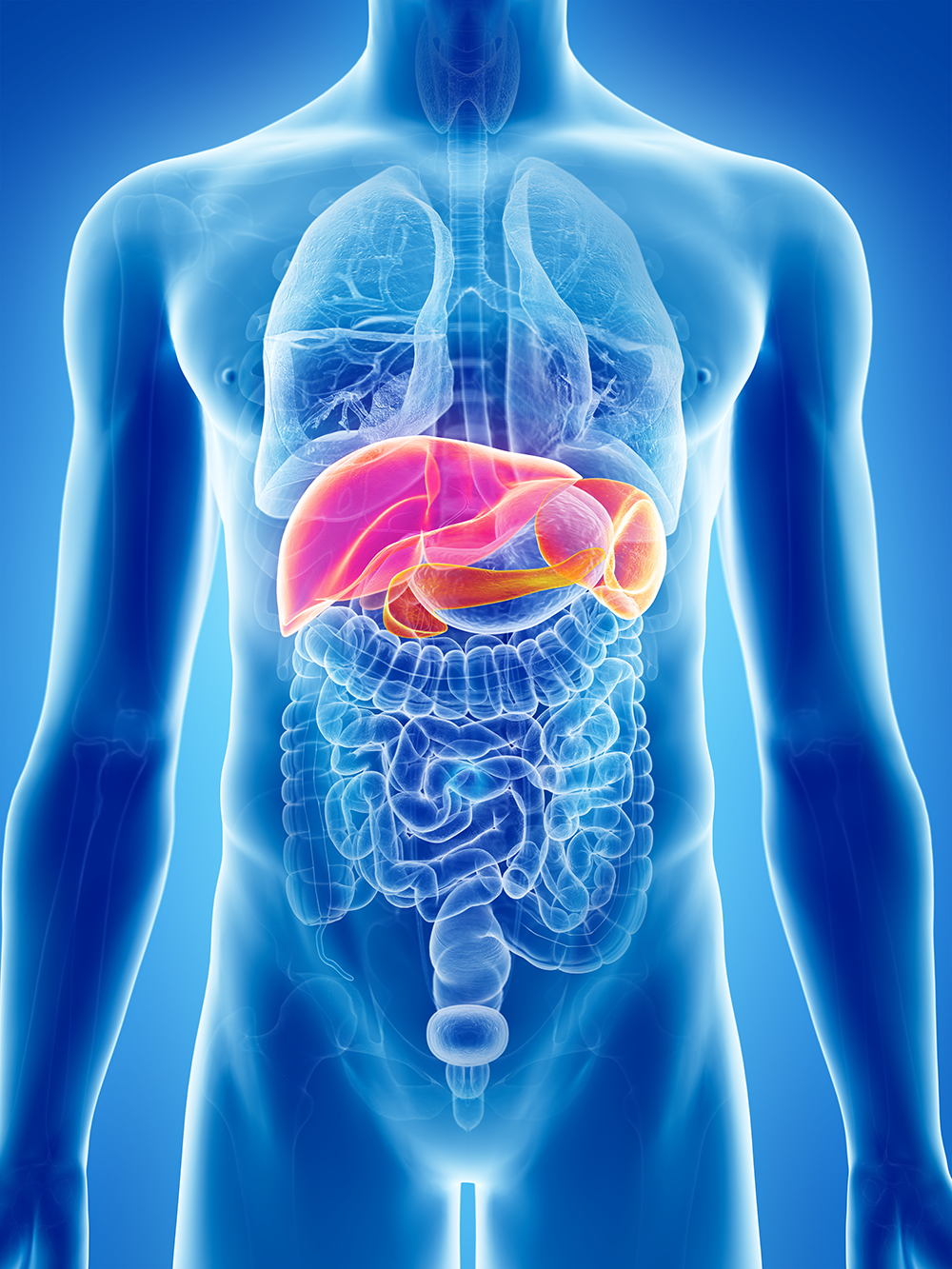

Understanding the Problem:
Gallbladder cancer refers to an uncommon, but abnormal cellular growth originating in the gallbladder. This organ lies beneath the liver, storing and concentrating bile to help digest fat. When Gallbladder Cancer is diagnosed early on, the chance for a cure is high. However, due to the lack of signs & symptoms, most gallbladder cancers are discovered when the prognosis is often very poor.
Signs & Symptoms:
- Upper right abdominal pain
- Bloating
- Unintentional weight loss
- Jaundice - Yellowing of the skin and whites of the eyes
Examinations Required:
- Blood tests
- Ultrasound
- CT Scan / MRI
If any of these tests suggest you are suffering from Gallbladder Cancer, and treatment doesn’t subside the symptoms, Minimally Invasive Robotic Surgery may be advised.
AIMIS Robotics and the daVinci Xi
AIMIS Robotics and the daVinci Xi
At the American Institute of Minimally Invasive Robotic Surgery - AIMIS Robotics, you can expect the golden standard for Oncological Procedures such as:
- Mastectomy
- Prostatectomy
- Lobectomy
- Nephrectomy
- Cystectomy
- Cholecystectomy
- Hepatectomy
- Pancreatectomy
- Colectomy
- Hysterectomy
- and many more...
Our Surgical Robot the “daVinci Xi” provides state-of-the-art robotic technology, allowing the surgeon’s hand movements to be scaled, filtered and translated into precise movements for the overall benefit of the patient. The daVinci Xi System also provides superior 3D imaging, for improved surgical visual definition and clarity.

Our surgeons at AIMIS Robotics are amongst the leading International experts in the field of Surgical Oncology, offering innovative, multifaceted oncological interventions. Their extensive knowledge in Minimally Invasive Surgery guarantees excellence in their surgical outcomes, whilst minimizing postoperative complications associated with traditional “open” surgeries.
A Team Approach
We understand that cancer diagnosis may cause fear and uncertainty. That’s why, we adopted a team approach to treating cancer, where multiple specialists may be involved in your cancer treatment. Our Robotic Surgeons work closely with a specialized multidisciplinary team of licensed medical specialists, to provide you with the care that you deserve throughout this difficult time.

At AIMIS Robotics, our goal is to provide an individualized and compassionate medical experience in a comfortable environment via our extensive surgical expertise, cutting edge surgical technologies, highly trained staff and luxurious facilities. You will be appointed a member of the AIMIS Robotics team to be your personal “guardian angel”, to guide you throughout the process. Flights, accommodation, transportation, hospital procedures, paperwork, headaches, headaches, headaches… We are here to take care of it all for you, so you can focus on your health and recovery.
daVinci Xi Benefits – Oncology Procedures:
- Less chance of nerve injury
- Shorter operation
- Less blood loss
- Less pain
- Minimal scarring
- Lower risk of post-op complications
- Shorter hospital stay
- Faster recovery and return to normal activities

Get a Second Opinion!
No commitment! No cost! Just upload your MRI/CT Scan and let our world class surgeons give you a second opinion.
The American Institute of Minimally Invasive Robotics Surgery
The American Institute of Minimally Invasive
Robotics Surgery
Get In Touch With Us
Certifications – Accreditations:
Certifications – Accreditations

Quality
Management
Information
Security
Health
& Safety








